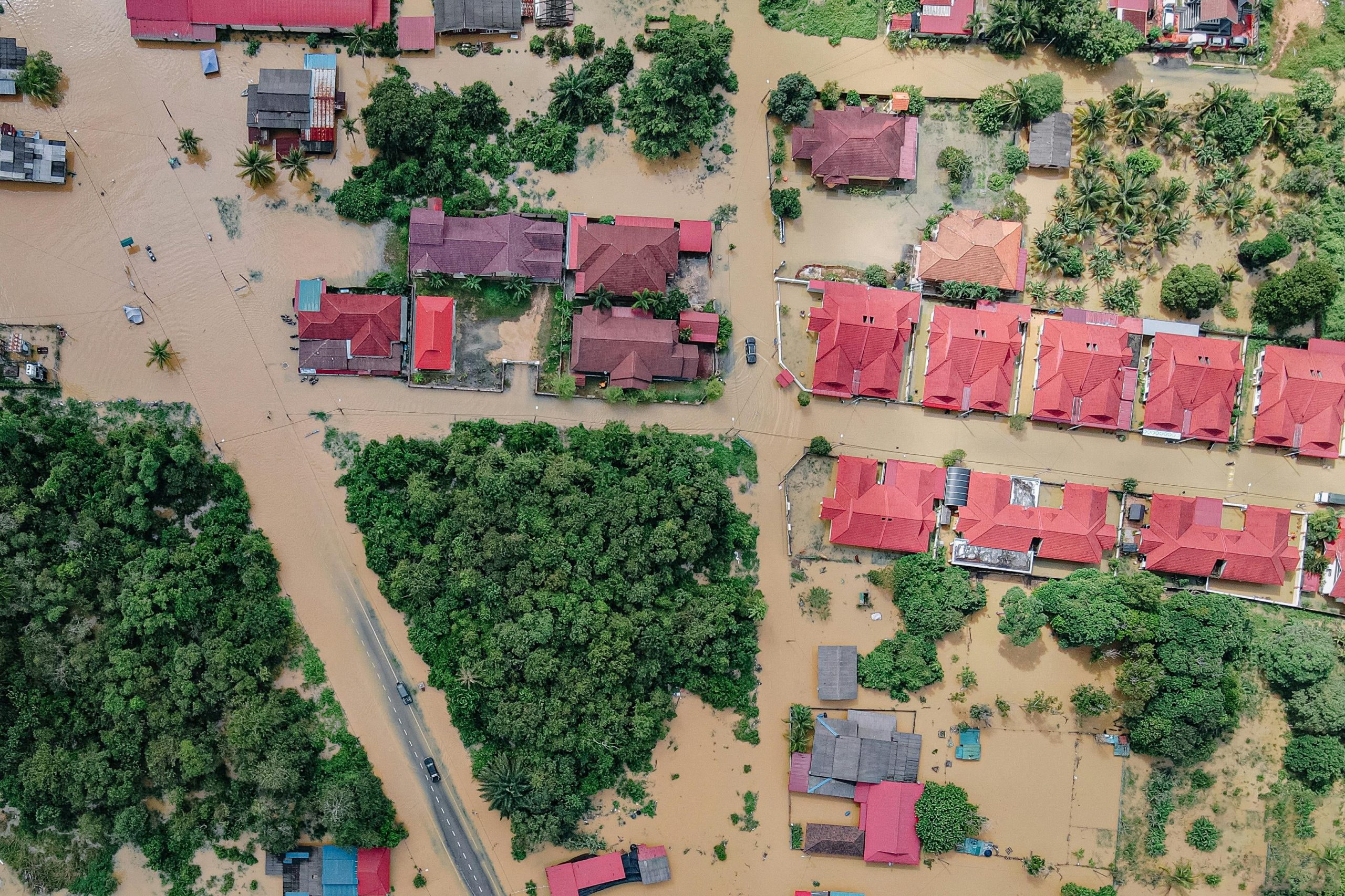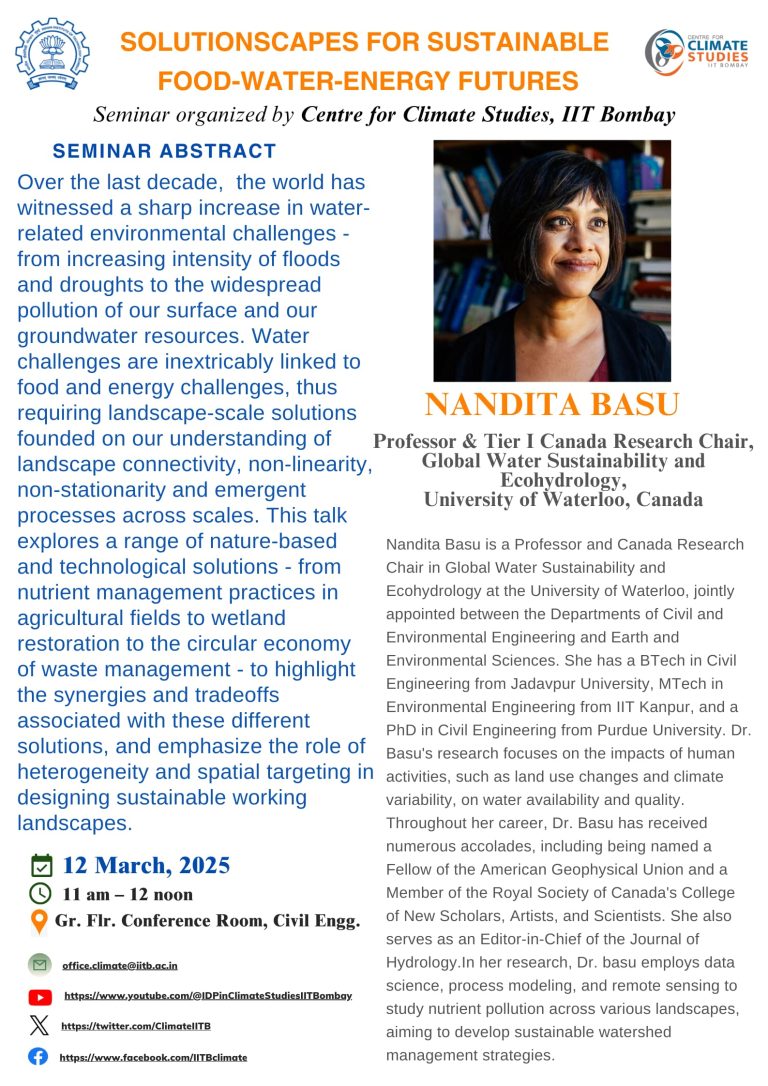CENTRE FOR CLIMATE STUDIES

- People
- Study
- Research
- News & Events
- About
- Internal
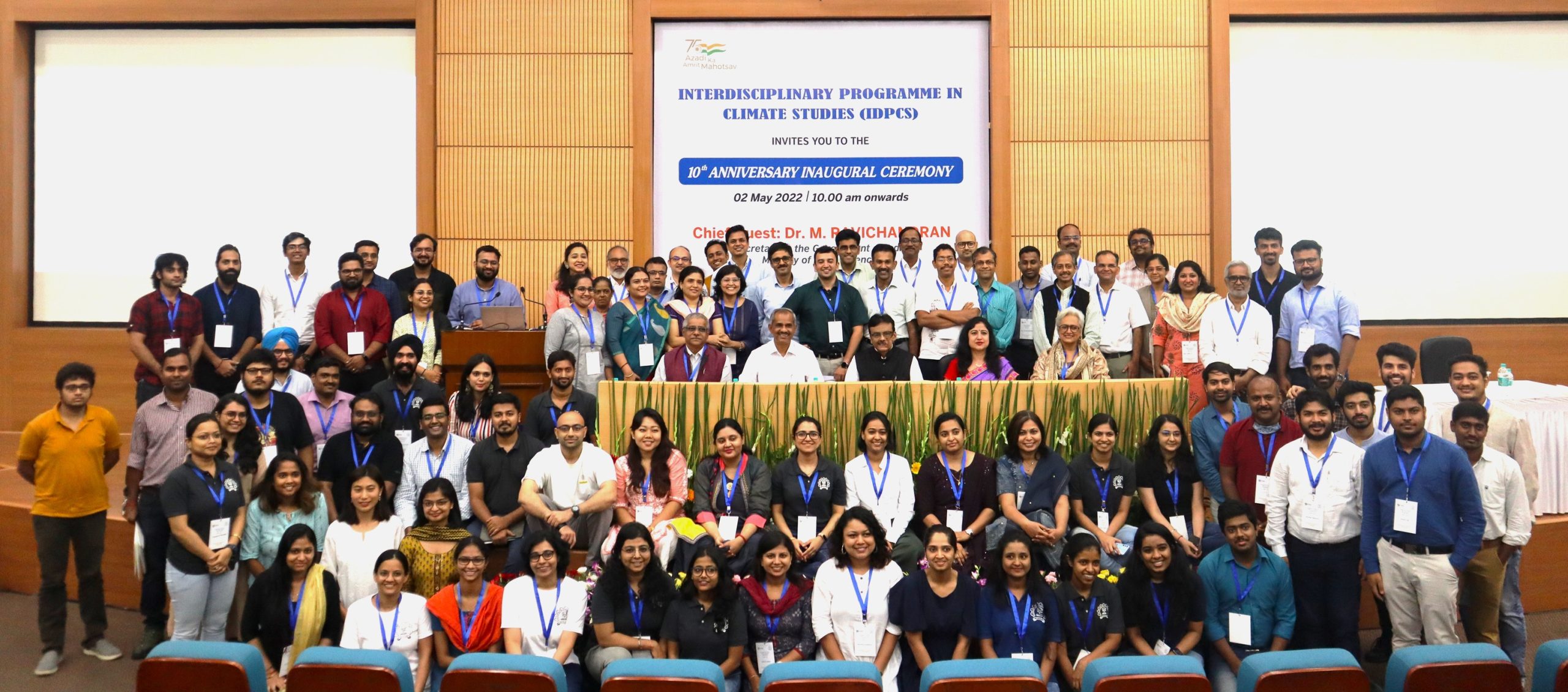
Our Programmes

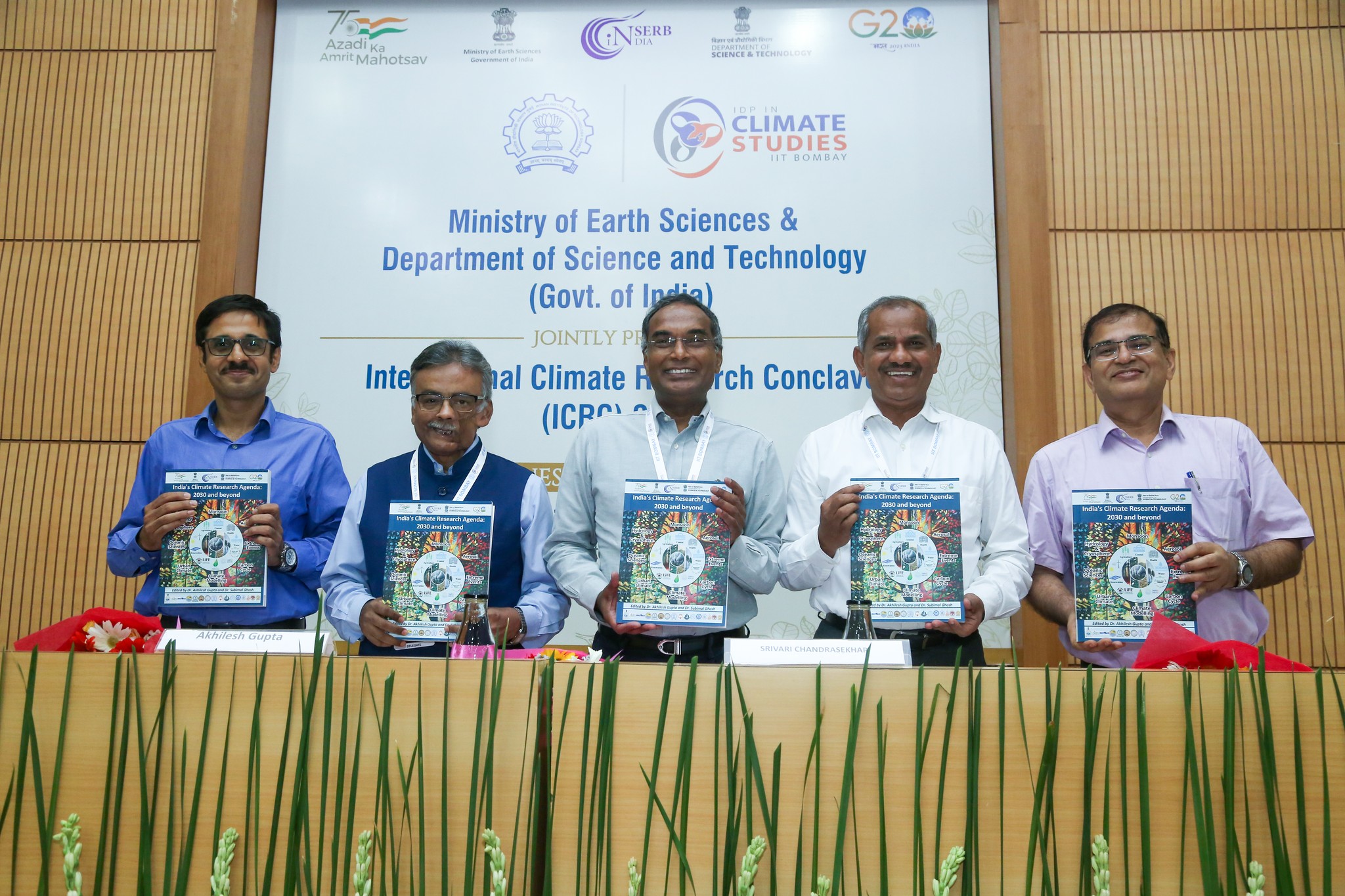
Explore how CCS is redefining the fight against climate change through bold innovation and impactful research. With sustainability at our core, we bring together a community of visionary thinkers and collaborators dedicated to building a resilient, thriving future for our planet.
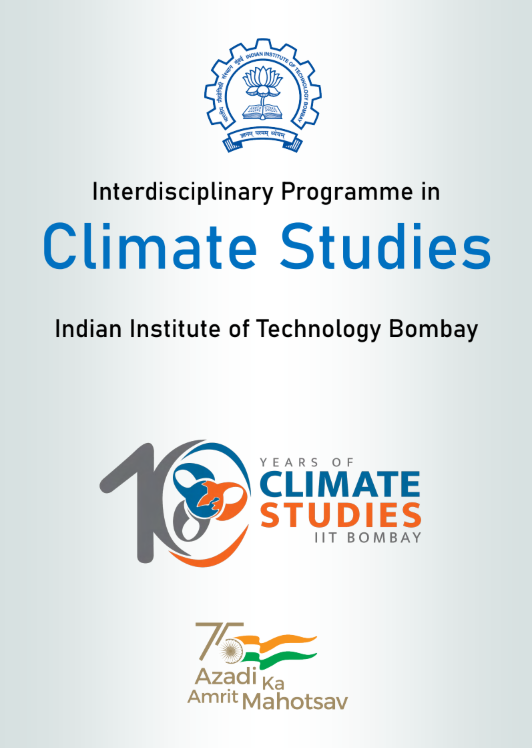
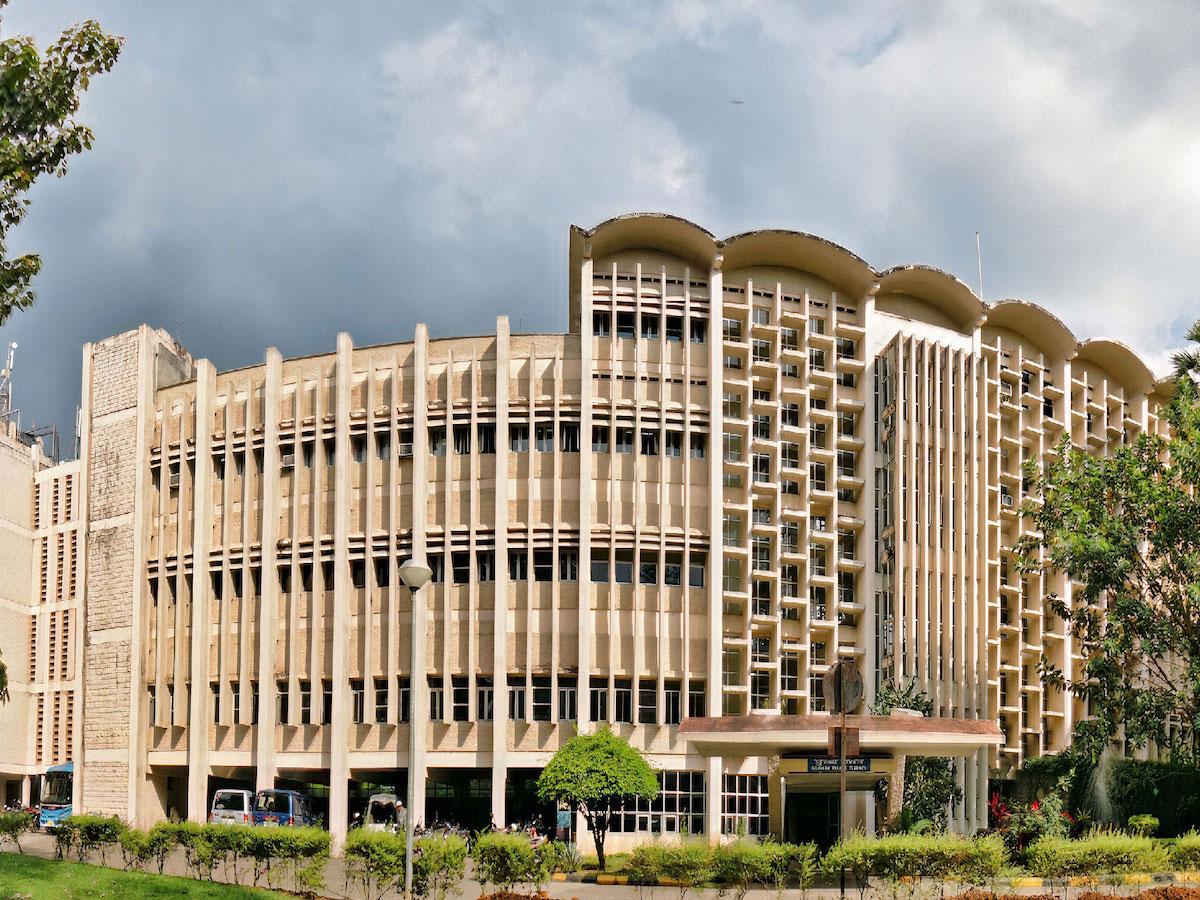
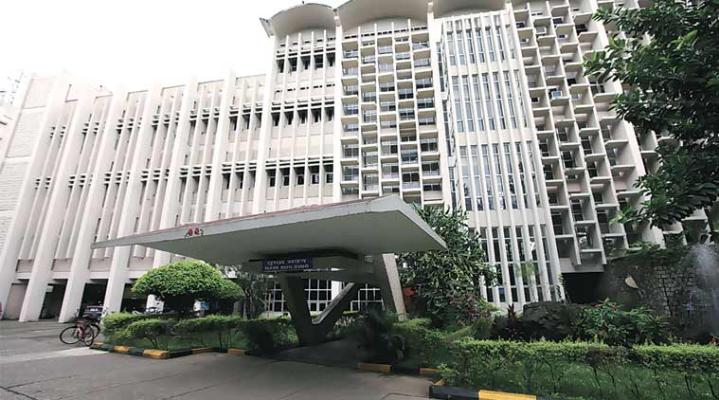
Seminar
Solutionscapes for Sustainable Food-Energy-Water Futures: Nandita Basu
Presenter
Nandita Basu is a Professor and Canada Research Chair in Global Water Sustainability and Ecohydrology at the University of Waterloo, jointly appointed between the Departments of Civil and Environmental Engineering and Earth and Environmental Sciences. She has a BTech in Civil Engineering from Jadavpur University, MTech in Environmental Engineering from IIT Kanpur, and a PhD in Civil Engineering from Purdue University. Dr. Basu’s research focuses on the impacts of human activities, such as land use changes and climate variability, on water availability and quality.
Throughout her career, Dr. Basu has received numerous accolades, including being named a Fellow of the American Geophysical Union and a Member of the Royal Society of Canada’s College of New Scholars, Artists, and Scientists. She also serves as an Editor-in-Chief of the Journal of Hydrology. In her research, Dr. Basu employs data science, process modeling, and remote sensing to study nutrient pollution across various landscapes, aiming to develop sustainable watershed management strategies.
Abstract
Over the last decade, the world has witnessed a sharp increase in water-related environmental challenges – from increasing intensity of floods and droughts to the widespread pollution of our surface and our groundwater resources. Water challenges are inextricably linked to food and energy challenges, thus requiring landscape-scale solutions founded on our understanding of landscape connectivity, non-linearity, non-stationarity and emergent processes across scales. This talk explores a range of nature-based and technological solutions – from nutrient management practices in agricultural fields to wetland restoration to the circular economy of waste management – to highlight the synergies and tradeoffs associated with these different solutions, and emphasize the role of heterogeneity and spatial targeting in designing sustainable working landscapes.

